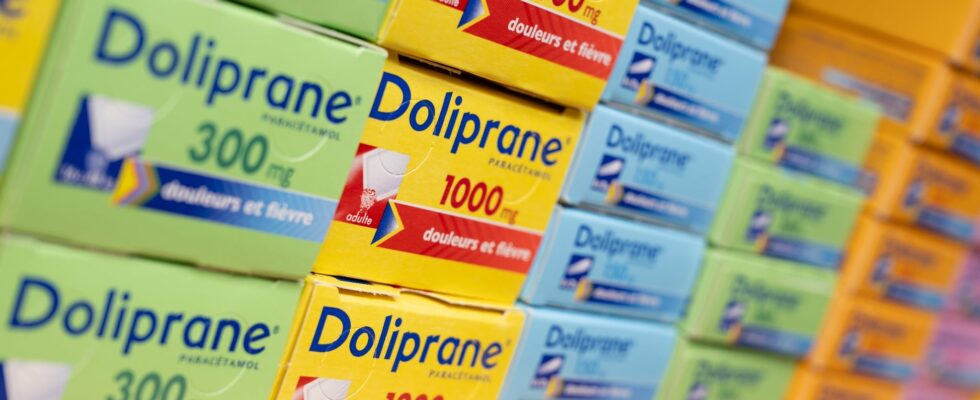What if, ultimately, Doliprane did not go under the American flag? In any case, this is the wish expressed by many parliamentarians and party leaders, who urged the government on Friday to block, in the name of French health sovereignty, the sale to an American fund of Opella, a Sanofi subsidiary responsible for the manufacture of Doliprane. According to Les Echosthe potential American buyer offered more than 15 billion euros to get their hands on this entity which oversees around a hundred brands including Doliprane, but also Mucosolvan, Maalox and Novanuit.
“The cut-and-dry sale of France continues,” criticized Jordan Bardella (RN) on X. “No lesson will have been learned from Covid,” pointed out Marine Tondelier (EELV). It is “a shame” and “another symbol of our loss of sovereignty”, judged Fabien Roussel (PCF). Parliamentarians from all sides, from the left to elected officials supporting the government, also called on the executive to oppose it.
“Doliprane is an essential medicine for the health of millions of French people”, a “success for the Sanofi group”, and the operation would go against the “restoration of French sovereignty in health matters”, warn around sixty of deputies from the groups Together for the Republic, Horizons, MoDem, Republican Right (ex-LR), and Liot (independents) in a joint letter addressed to Minister of the Economy, Antoine Armand. They expressly ask the government to invoke an article of the monetary and financial code allowing it to subject foreign investments in sensitive sectors to prior authorization.
Authorization required
This monetary and financial code governs, among other things, relations with foreign investors and provides, in certain cases, for subjecting the investor to an investment authorization request, particularly for sectors which closely affect issues of national defense, public order or still public health. The supply of paracetamol having recently experienced periods of tension, the sale of Opella and its Doliprane, the best-selling drug in France, could call into question these issues. Even more so since Emmanuel Macron has made paracetamol the spearhead of his industrial reconquest in the health sector.
The application for investment authorization can be made by the foreign investor himself or submitted by the Ministry of the Economy. If the ministry is seized or seized, it can thus decide, based on the provisions of the monetary and financial code, to refuse the investment request for the preservation of national interests or to condition its authorization on the transfer of part of the shares to an entity separate from the investor and approved by the Ministry of the Economy. All this must be done within a maximum of forty-five days. If the investment is rejected, the ministry must provide reasons. Without invoking the monetary and financial code, the Ministers of the Economy, Antoine Armand, and of Industry, Marc Ferracci, however, recently requested commitments from Sanofi and the future buyer on “maintaining the headquarters and decision-making centers ” in France and “the French industrial footprint of Opella”.
A power of control already used in the past
This transfer worries beyond parliamentarians. The CFDT chemistry and energy federation had already requested in a press release “the intervention of public authorities so that Sanofi reconsiders this sale”. The group’s decision, “guided by strictly financial logic, threatens not only employment but also the quality and accessibility” of Doliprane, an “essential medicine for millions of French people”, believes the union.
Across the Atlantic, this request for investment control as part of the sale of the Sanofi subsidiary has not gone unnoticed. The site Politico recalls that the French government, particularly when Bruno Le Maire was Minister of the Economy, did not hesitate in the past to use these powers to block takeovers that it considered dangerous, in particular concerning the merger in 2021 between two giants of French and Canadian distribution (Carrefour and Alimentation Couche-Tard).
At the time, the tenant of Bercy had put the brakes on any possibility of an agreement threatening to use its reinforced power to control investments in the name of “food security”, arguing that the takeover would have endangered supplies. food supply of France and made the country more vulnerable in future crises. In 2023, the French government also vetoed the takeover of nuclear equipment manufacturers Segault and Velan SAS by the American group Flowserve, deemed too strategic to be sold to a foreign investor.
